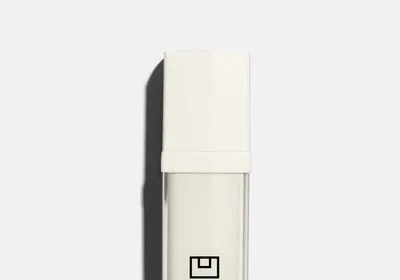Health Insurance claim form and stethoscope on desk
In the midst of open enrollment on the Health Insurance Marketplace (Healthcare.gov) and Medicare’s Annual Enrollment period, millions of American consumers are in the market for a health plan. But once they get through the comparison of premiums and deductibles, confusion about those costs might get in the way of their care, if the experience of others is any guide.
In the Care Access Benchmark Report released this fall from Kyruus, a digital health data and technology firm, nearly half (44%) of consumers surveyed said that they have avoided seeking healthcare services when they aren’t sure of the cost. Virtually all (96%) survey respondents said they consider cost when making healthcare decisions.
The vast majority (87%) of respondents said they’d like accurate cost information when they pay out-of-pocket for healthcare services. Nearly as many (76%) said they wish they had more control over their healthcare costs.
Overall, 65% of respondents said their health plans offer transparency tools and most respondents (79%) said they’ve used those tools. More than half (54%) said they’ve used their health plan website to get information about a specific healthcare service or procedure.
Approximately two in five respondents reported that their health plans offer price-related transparency tools; 42% said their plan offers information on prescription costs, 41% provide information on the status of their deductible, and 39% have access to cost estimates for healthcare services.
More than half (54%) of respondents reported having used their health plan website to gather cost information and 79% said they trust that their health plan can provide them with accurate information about healthcare costs.
Among respondents whose plans offer transparency tools, 87% said these tools help them manage their healthcare spending. Even more (91%) said their health plan transparency tools help them better understand their insurance coverage and benefits. However, the survey results also suggest not enough consumers are getting enough help understanding their benefits; nearly two-thirds (64%) said they need more help understanding and navigating their healthcare options.
Forty percent of respondents said they’d found inaccurate information on their health plan website about participating healthcare providers and 69% said they wished their plan offered more accurate information about providers. More than three-quarters (77%) said that finding inaccurate information would impact their trust in the health plan.
Cost And Coverage Even More Important Factors In Provider Selection This Year
A report released from Kyruus last year focused on consumers’ online behavior and expectations. In last year’s survey, 44% of consumers said they trusted their healthcare providers’ websites but just 20% viewed their health plan websites as trustworthy.
Consumers’ criteria for selecting new providers, services such as lab or imaging, or sites of service have evolved. Last year, 93% of respondents said that whether a provider accepted their insurance was an important factor in their selection; this year that figure was 99%. Last year, cost was an important factor for 73% of respondents; this year, it was an important factor for 92% of consumers.
Quality and convenience factors have also become more important to consumers. Last year, 87% of consumers said the provider’s expertise was a key factor in their choice and 84% said the same of the provider’s reputation. This year, those figures jumped to 97% and 98%, respectively.
With consumers still feeling squeezed by inflation despite recent improvements, costs are likely to continue to factor prominently in consumers’ healthcare decisions for the foreseeable future.









